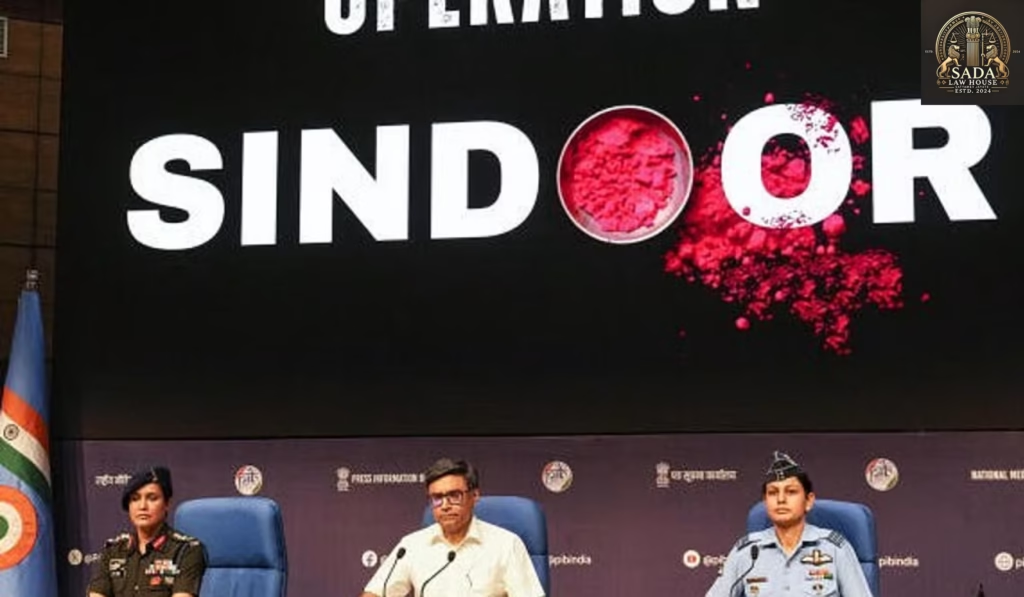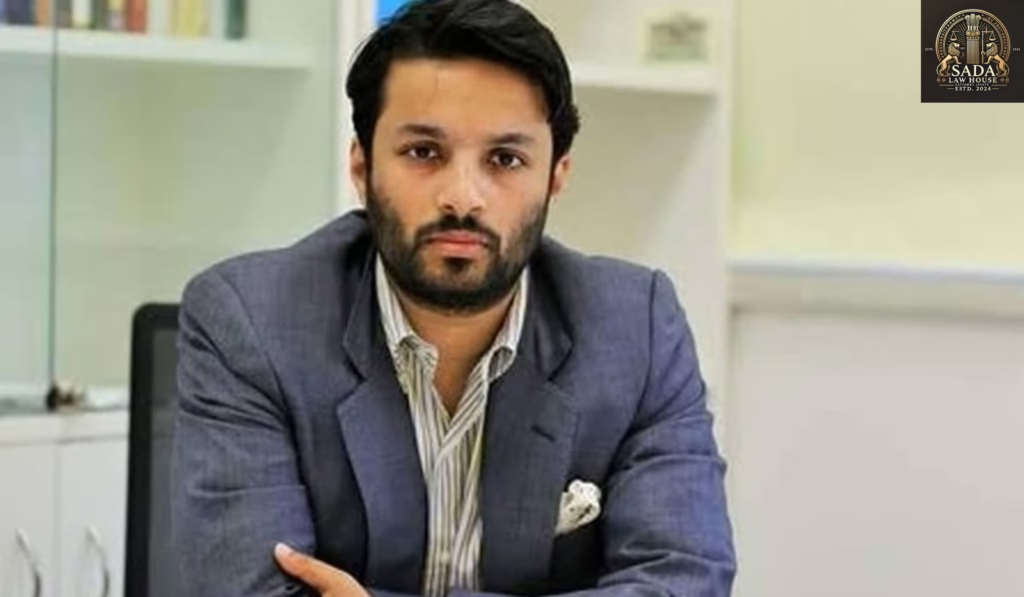Supreme Court Limits Probe in ‘Operation Sindoor’, Upholds Fair Investigation Principles
Trending Today Supreme Court Limits Probe in ‘Operation Sindoor’, Upholds Fair Investigation Principles Supreme Court Stays Bombay HC Ruling in Methodist Church Leadership Dispute Over Retirement Age Delhi High Court Rejects PIL Over Illegal Construction Near Mehrauli Gurdwara, Cites Lack of Locus Standi Supreme Court Directs High Courts to Regularize Court Managers as Permanent Staff Delhi High Court Urges Swift COVID-19 Testing Guidelines to Tackle Infection Surge Supreme Court Clarifies Section 102(3) CrPC: Delay in Reporting Seizure Does Not Invalidate It – Shento Varghese v. Julfikar Husen (2024) Supreme Court Rules Bail Cancellation Requires Just Cause, Protects Personal Liberty Supreme Court Issues Notice on Son’s Plea Against Assam Police for Illegal Detention and Deportation to Bangladesh Woman Faces Criminal Charges for Concealing ₹10 Lakh in Divorce Settlement in Delhi NEET-PG 2025 Postponed: Supreme Court Directs Single-Shift Exam for Transparency and Fairness Supreme Court Limits Probe in ‘Operation Sindoor’, Upholds Fair Investigation Principles KASHISH JAHAN 05 June 2025 The Supreme Court of India restricts the scope of the probe in ‘Operation Sindoor’, safeguarding due process and reaffirming constitutional protections in criminal investigations. Supreme Court Restricts Probe in ‘Operation Sindoor’: Safeguards Fair Investigation In a landmark move reinforcing judicial integrity, the Supreme Court of India has stepped in to protect the legal rights of Professor Ali Khan Mahmudabad, a renowned academic associated with Ashoka University. The decision comes amidst rising concerns over an expanding police investigation in Haryana under the controversial ‘Operation Sindoor’. Background: FIRs Against Professor Ali Spark Concerns The case began when the Haryana Police lodged two First Information Reports (FIRs) against Professor Ali, leading to the formation of a Special Investigation Team (SIT). However, legal experts and civil rights advocates raised alarm bells about the possibility of investigative overreach. Supreme Court’s Order: Probe Must Stay Within Legal Limits Recognizing the potential for misuse of authority, the Supreme Court directed that the SIT’s inquiry must remain strictly confined to the allegations detailed in the original FIRs. The Court explicitly warned against “fishing expeditions” or any broad, unauthorized investigations—emphasizing the protection of individual rights and due process. Legal Principle Reaffirmed: Limited Scope of Investigation This judicial intervention underscores a fundamental principle in Indian criminal law: the limited scope of investigation. The Court’s decision serves as a reminder that investigative agencies must adhere to the precise boundaries set by registered allegations and cannot exploit their power for open-ended pursuits. Why This Matters: Protecting Constitutional Rights The verdict carries significant weight in preserving constitutional safeguards. It ensures that law enforcement operates within the rule of law, and that accused individuals like Professor Ali are not subjected to arbitrary or politically motivated probes. Upholding fairness in investigation is not just a legal necessity—it is a cornerstone of a just democracy. Conclusion: A Victory for Rule of Law and Judicial Accountability By drawing clear boundaries for the SIT in ‘Operation Sindoor’, the Supreme Court has sent a strong message: criminal investigations must be legally justified, not politically driven. The ruling is a reaffirmation of India’s commitment to justice, transparency, and the protection of civil liberties—even in the face of high-profile controversies. Leave a Reply Cancel Reply Logged in as Sada Law. Edit your profile. Log out? Required fields are marked * Message* Live Cases Supreme Court Limits Probe in ‘Operation Sindoor’, Upholds Fair Investigation Principles Supreme Court Limits Probe in ‘Operation Sindoor’, Upholds Fair Investigation Principles Sada Law • June 5, 2025 • Live cases • No Comments Supreme Court Stays Bombay HC Ruling in Methodist Church Leadership Dispute Over Retirement Age Supreme Court Stays Bombay HC Ruling in Methodist Church Leadership Dispute Over Retirement Age Sada Law • June 5, 2025 • Live cases • No Comments Delhi High Court Rejects PIL Over Illegal Construction Near Mehrauli Gurdwara, Cites Lack of Locus Standi Delhi High Court Rejects PIL Over Illegal Construction Near Mehrauli Gurdwara, Cites Lack of Locus Standi Sada Law • June 5, 2025 • Live cases • No Comments 1 2 3 … 5 Next »
Supreme Court Limits Probe in ‘Operation Sindoor’, Upholds Fair Investigation Principles Read More »


